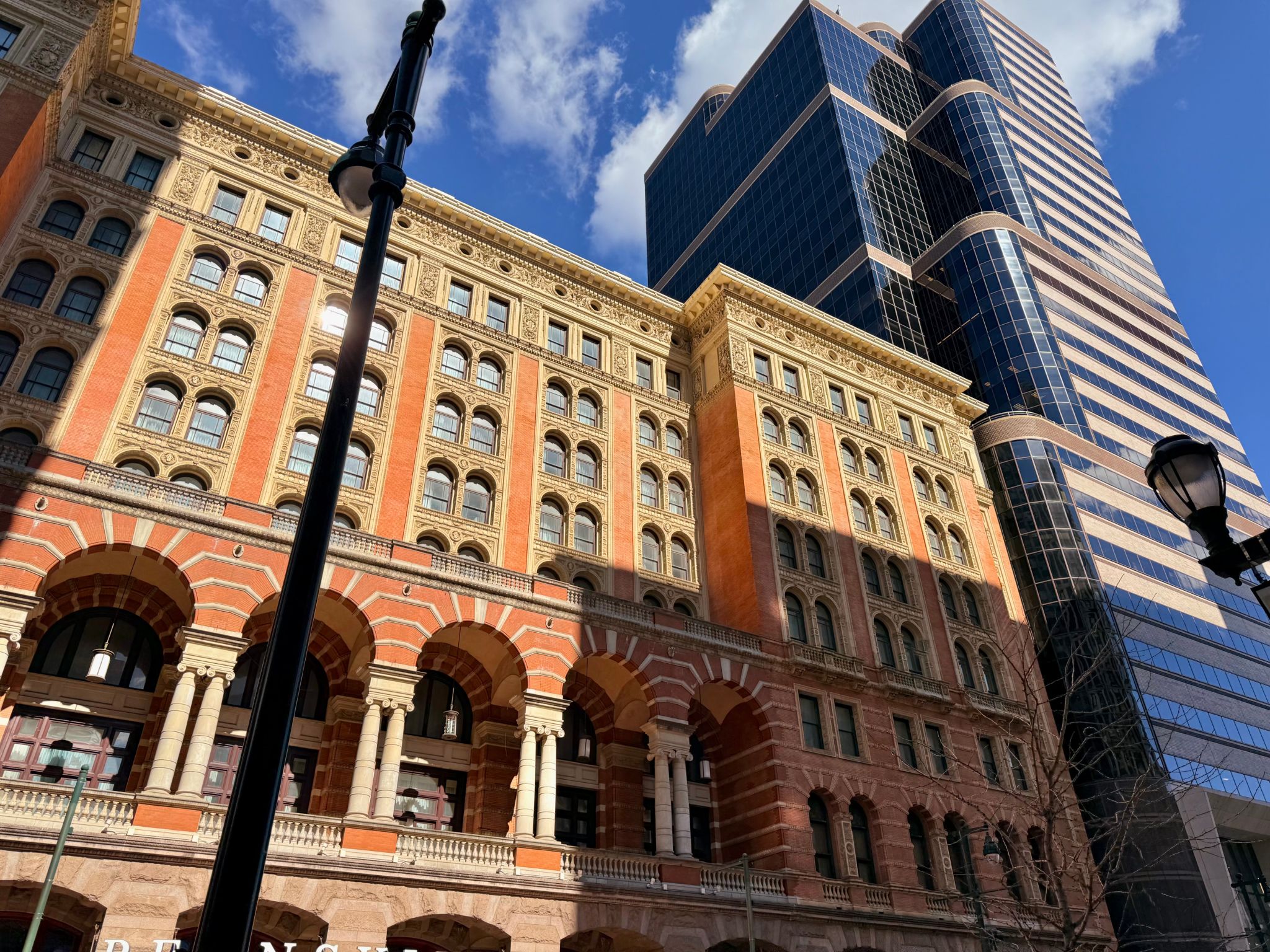The Ultimate Guide to Apartment Rental Leases in Philadelphia
Understanding Lease Agreements
When renting an apartment in Philadelphia, understanding the lease agreement is crucial. A lease is a legally binding contract between the tenant and landlord, outlining the terms and conditions of the rental. It's essential to read the lease carefully and ensure you understand all its clauses before signing.
Leases typically cover the duration of the tenancy, rent amount, payment methods, and security deposits. They may also include clauses about maintenance responsibilities, pet policies, and termination procedures. Being aware of these details can help you avoid potential disputes down the line.

Types of Lease Agreements
Fixed-Term Lease
A fixed-term lease is the most common type of rental agreement in Philadelphia. It sets a specific period during which the tenant agrees to stay in the apartment. These leases usually last a year but can vary depending on the landlord's preferences.
Month-to-Month Lease
For those seeking flexibility, a month-to-month lease might be a better option. This type of agreement automatically renews each month until either party gives notice to terminate. However, it often comes with a higher rent compared to fixed-term leases.

Key Clauses to Look For
When reviewing your lease, there are several key clauses you should pay attention to. Understanding these clauses can help you make an informed decision and avoid future complications.
Rent and Payment Terms
The lease should clearly state the rent amount, due date, and acceptable payment methods. It's also important to check for any late fees or penalties for missed payments. Make sure you are comfortable with these terms before committing.
Maintenance and Repairs
This clause outlines who is responsible for maintenance and repairs. While landlords typically handle major repairs, tenants may be responsible for minor maintenance tasks. Ensure these responsibilities are clearly defined in the lease.

Security Deposits and Fees
Security deposits are common in apartment rentals to cover potential damages or unpaid rent. In Philadelphia, landlords can charge up to two months' rent for security deposits during the first year of tenancy. After that, it reduces to one month's rent.
Be sure to ask about any additional fees, such as application fees or pet deposits, and understand the conditions under which your security deposit will be returned at the end of your lease.
Legal Rights as a Tenant
Tenants in Philadelphia have certain legal rights that protect them from unfair practices. These include the right to a habitable living environment and protection against unlawful eviction. Familiarizing yourself with these rights can help you address any issues that may arise during your tenancy.
If you feel your rights have been violated, local resources such as tenant unions or legal aid organizations can provide assistance and guidance.

Negotiating Lease Terms
Don't hesitate to negotiate lease terms if you find something concerning or unfavorable. Whether it's adjusting the rent amount or clarifying maintenance responsibilities, open communication with your landlord can often lead to mutually beneficial agreements.
Document all negotiations and agreements in writing to ensure both parties have a clear understanding of any changes made to the original lease terms.
